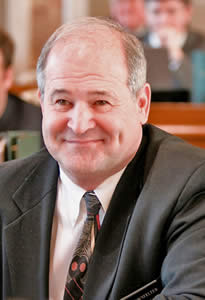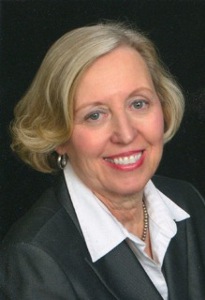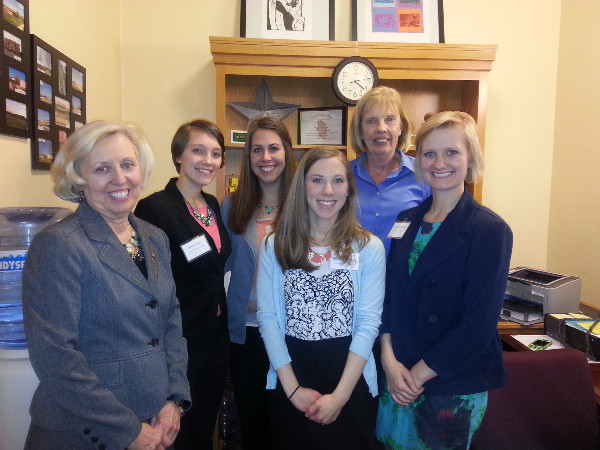
Legislative newsletter from Rep. Stan Frownfelter, D-37th Dist.
Contents:
Block grants
Budget overview
Repeal of exemption would raise property taxes
Changes to TANF-SNAP
Repeal the RPS
Fantasy football
Changes to conceal and carry laws
Keep in touch
Block grants
After just one week of debate, on a vote of 64-57, the Kansas House of Representatives passed the largest education reform in over 20 years. House Substitute for Senate Bill 7 eliminates the school finance formula, and allocates in its place the governor’s block grant program for 2016 and 2017.
I voted against the legislation because I consider educating our children to be one of the most important things state government does. The bill, which was unnecessarily fast tracked in the House, does not meet the needs of Kansas schools districts because it:
Eliminates the current education formula
The block grant formula eliminates the weightings to account for growing or shrinking enrollment, at-risk and bi-lingual students, high transportation costs, career and voc-tech programs, among others. The current formula must meet the needs of almost 300 different school districts in our state, each with their own set of unique challenges. The problem with the funding formula was not that it was broken, but that it wasn’t fully funded.
Decreases education funding
The governor’s education plan does nothing to address the issue that our schools have been perpetually underfunded for more than five years. The plan freezes funding for two consecutive years at current levels, forcing school districts to absorb the cost.
Creates inequalities among districts
This legislation pits poor districts against wealthy districts and rural districts against urban districts. Students in Junction City will not have access to the same resources as student in Johnson County. That is unfair to Kansas schools and bad for the Kansas economy.
The bill went to the Senate for final approval on Monday, and then to the governor’s desk for signature. I urge you to contact the governor’s office at 785-368-8500 and ask him to veto the bill. It is time for Kansas to make fair and adequate funding a priority. Our children, the future of Kansas, deserve better.
Budget overview
Despite the legislature being in session for over two months now, we have yet to see a comprehensive budget bill that addresses the $600 million deficit that was created by Governor Brownback’s failed economic experiment. In the coming weeks, however, the budget will again become a priority as we are confronted with difficult decisions about the future of our state. As the budget process moves forward, I will consider any sustainable plan that is fair and equitable for Kansas families.
Repeal of exemption would raise property taxes
This week, in an effort to fill the projected $600 million budget hole caused by Gov. Brownback’s irresponsible tax plan, the Senate Assessment and Taxation Committee heard a bill that would reinstate $45 million in property taxes on Kansas homeowners. The bill would repeal a statewide exemption of the first $20,000 of the appraised value of residential property.
The tax, which is regressive in nature, is uniformly applied to all Kansas homeowners regardless of the cost of their home. Lower income Kansans will be forced to pay a larger portion of their annual income than their wealthier counterparts. This is yet another example of how the poorest Kansans are being forced to bear the cost of the Governor’s failed economic experiment.
Changes to TANF-SNAP
The House Commerce, Labor and Economic Committee approved a bill this week that changes the way two social service programs, Temporary Assistance for Needy Families (TANF) and Supplemental Nutrition Assistance Program (SNAP), are administered by the state. There are numerous changes to the programs, but some of the most concerning include:
• Prohibiting the use of federal or state funds to promote and assist enrollment
• Reducing the lifetime limit on TANF benefits from 48 months to 36 months
• Restricting eligibility for citizens with previous drug offenses.
The proposed changes will make TANF and SNAP less accessible for Kansans who need assistance during a time when poverty in Kansas is increasing. I have always believed that Kansas is a place where people can prosper if they’re willing to work hard and play by the rules, but sometimes they might need a little help.
Repeal the RPS
A measure to sunset the state’s Renewable Portfolio Standard at the end of 2015 was heard in committees of both chambers this week. Passed in 2009, the Renewable Portfolio Standard (RPS) requires major electrical companies to harvest 10 percent of their energy from renewable sources. Under the 2009 legislation that percentage is scheduled to grow to 15 percent in 2016, and 20 percent in 2020.
If the Legislature repeals RPS, however, the minimum industry standards for renewable energy sources will be eliminated. Those in favor of keeping RPS argue it is essential to the continued success of Kansas’ alternative energy markets– in particular wind energy, which accounts for over 13,000 jobs in Kansas.
Fantasy football
Fantasy football fans in Kansas may soon have something to cheer about. According to the Racing and Gaming Commission, Fantasy Football Leagues that disburse money as awards are considered lotteries and are therefore illegal under Kansas law. A bill in the House makes participation in Fantasy Leagues legal by changing their designation from a lottery to a game of skill . I do not see any reason to throw a yellow flag on the bill, and will likely support it should it come to the House floor for a vote.
Changes to conceal and carry laws
Some senators are looking to abolish Kansas’ permit requirement to conceal and carry a fireman. Current state law requires individuals to submit an application, complete firearm safety training courses, and pass a background screening . The measure in the Kansas Senate, which had a hearing this week, will remove all existing requirements and will make it legal for almost anyone to conceal and carry without a permit. I believe in the Constitutional right to bear arms; however we must have responsible policies that keep our children and communities safe. I fear removing the permit requirements could have dangerous consequences.
Keep in touch
It is a special honor to serve as your state representative. I value and need your input on the various issues facing state government. Please feel free to contact me with your comments and questions. My office address is Room 174-W, 300 SW 10th, Topeka, KS 66612. You can reach me at 785-296-6791 or call the legislative hotline at 1-800-432-3924 to leave a message for me. Additionally, you can email me at [email protected]. You can also follow the legislative session online at www.kslegislature.org.



